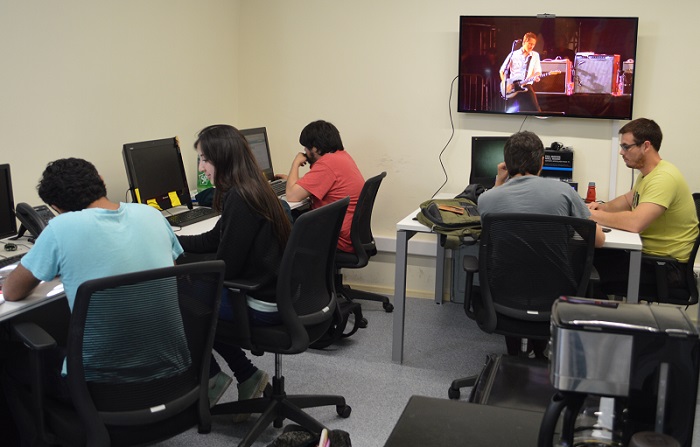|
|



Vinculación
Study with us
- Detalles

Campo Ocupacional
- Detalles
 Nuestros exalumnos están presentes en todo tipo de empresas y organizaciones nacionales y extranjeras del sector tecnológico, financiero, minería, industria de servicios y productiva, gobierno,entre otras.
Nuestros exalumnos están presentes en todo tipo de empresas y organizaciones nacionales y extranjeras del sector tecnológico, financiero, minería, industria de servicios y productiva, gobierno,entre otras.
Tenemos presencia en empresas como: Google, Amazon, Microsoft, Codelco, LATAM, Telefónica, ALMA, Banco de Chile, Banco Central, Mego, IguanaBee, Clínica Las Condes, Clínica Alemana, Ministerio de Transporte y Telecomunicaciones y más.
Un Ingeniero Civil Informático de la UTFSM se puede desempeñar por ejemplo, en áreas de Gestión de Proyectos, Desarrollo y Gestión de Infraestructura TIC, Desarrollo de Software, Automatización de Procesos de Negocios, Administrador de Sistemas, Diseño y Gestión de Data Centers, Seguridad, Análisis Inteligente de Datos. También puede ser consultor en TIC, emprendedor digital, investigador o trabajar en la enseñanza de la misma disciplina en instituciones de educación superior.
Más información visita la red de exalumnos.
Estudia con nosotros
- Detalles

